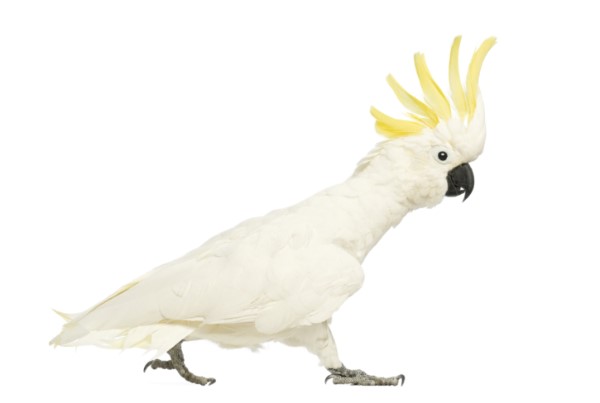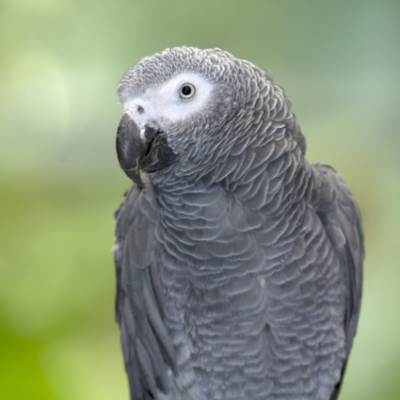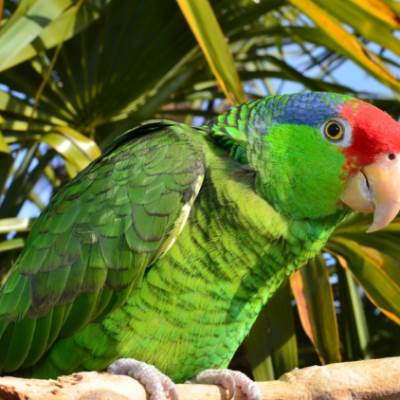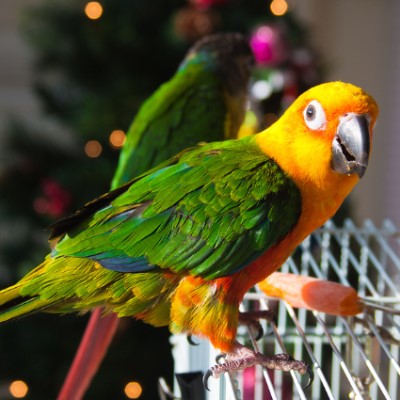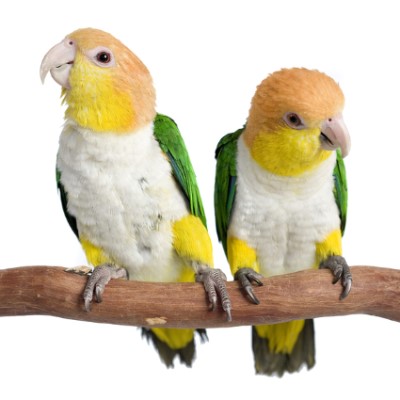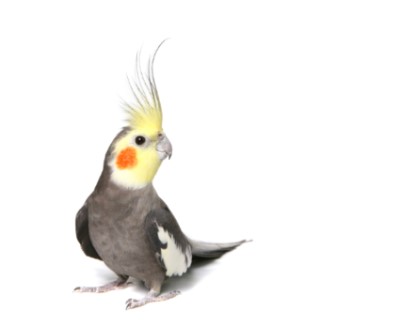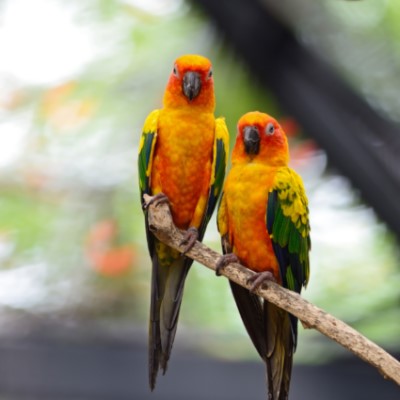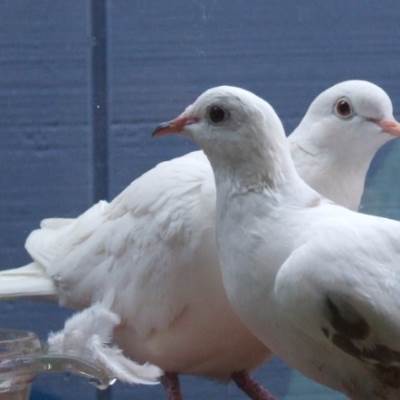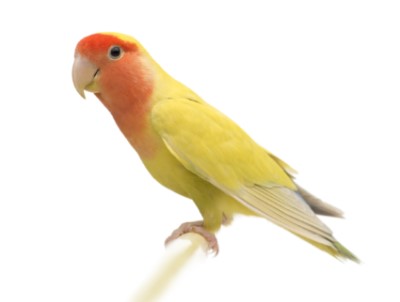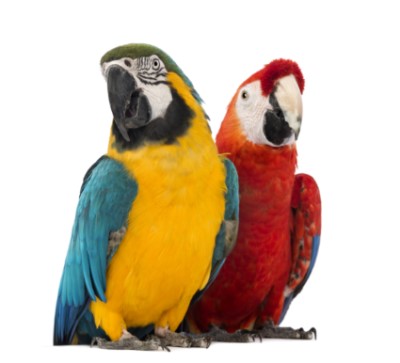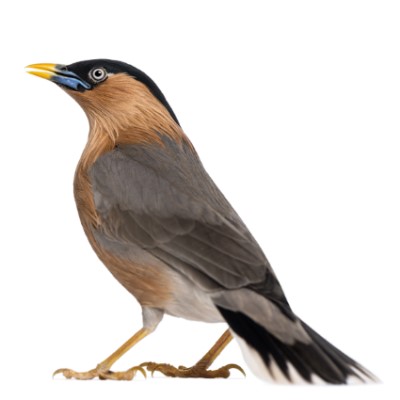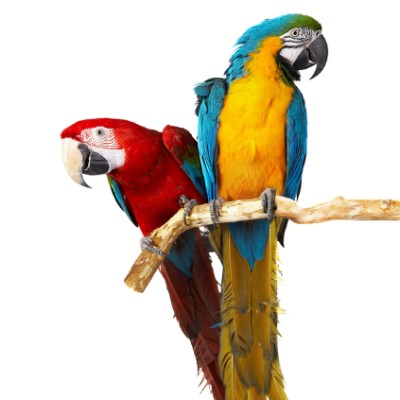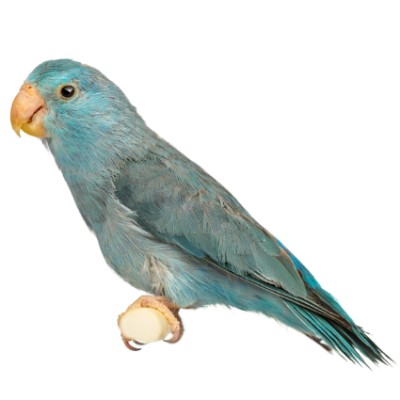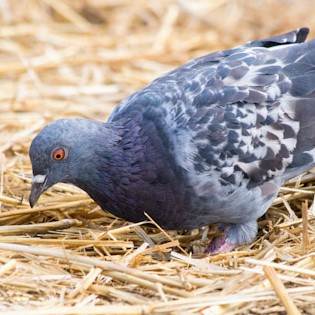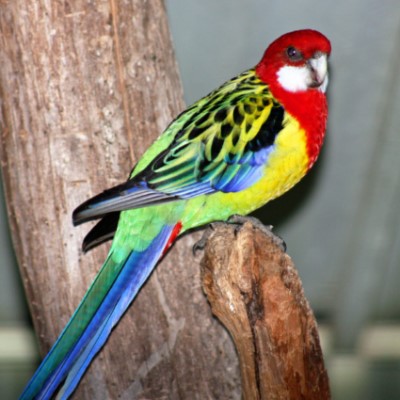Common Reasons for Surrender
New owners often find the cockatoo’s squawk unbearable. The cockatoo has a voice so loud that it can carry two to three miles. Before you get a cockatoo, go to www.Mytoos.com and turn up the speaker and hear it scream—then you know. Also, you should not get a cockatoo unless you are home all day. If they do not get enough attention, they get upset and will pull out their feathers or scream a lot.
Pros
The cockatoo is not drawn to one family member while being aggressive toward the others, like the caique parrot. The cockatoo will snuggle up to whoever will have him and even take a snooze underneath your chin.
Cons
The cockatoo will want your full attention and can mutilate herself if she feels ignored. This bird also becomes aggressive, bites, and scratches.
Perhaps the worst problem the cockatoo owner encounters is his scream.
Diet
This is a large parrot and will need the normal mix of pellets, birdseed, vegetables, and fruit eaten by most parrots. The cockatoo particularly enjoys nuts in their diet.
Meat on the bone is a treat for cockatoos. Their strong beaks can break the bone so they can eat the marrow.
Exercise
Cockatoos love to play and can play hard. Cockatoos have a natural drive to tear things apart, so sturdy toys that can be taken apart (and later put back together by the owner) can be great fun and exercise for the cockatoo. If they get overexcited, however, they can begin to bite and scream and get destructive.
Possible Health Issues
Linda Quest, veterinarian student and volunteer vet tech at Feathered Friends Forever, says, “The cockatoos have respiratory issues; they have a lot of dust. They have all the powder ,and it looks like there’s baby powder on your furniture. People who have asthma or problems with allergies can be set off. Cockatoos are the number one birds for powder and number one for needing ongoing emotional support.” Cockatoos, like this citron cockatoo on the right, can become stressed when not given enough attention from his owners and may pluck out his own feathers in frustration.
Housing
An oddity about the cockatoo is that while most birds sit on the floor of their cage when they are sick, the cockatoo loves sitting on the floor throughout the day for no apparent reason at all. He will even toss food onto the floor and fly down to retrieve it, so be sure to use a grate on the bottom of the cage so the droppings fall below the floor and the bird can perch on a clean foundation. The cockatoo needs a large, sturdy cage or you may come home to find your bird’s cage dismantled and your home upside down. Bar spacing should be about one inch and install therapeutic perches (to keep nails trim) at about 1 ¼ inch in diameter.
If you give attention to another bird in the house (not recommended to have other birds) or even a small child in the home, the cockatoo will likely become jealous and even attack the other bird or the child.
Grooming
Mist your bird by using a spray bottle with filtered water or purchase a good bird spray that has aloe content for birds. You may clip the cockatoo’s wings if you wish and make sure her nails are filed gradually and gently with a nail file or a dremel.
Training
Be sure to provide hard play toys for your bird and never allow him free reign of the house. You may come home to wires chewed, your computer upside down, and your furniture destroyed. The cockatoo will scream, bite, and chew everything if not happy.
Entertainment
The cockatoo plays hard, is naturally curious, and will get into mischief and pretend innocence when caught. These birds will entertain themselves trying to escape whatever boundaries you put up for them and have even been known to pick a lock or open a combination lock on her cage door. Cockatoos love to chew and are destructive.
ADDITIONAL RESOURCES
Association of Avian Veterinarians
We want to thank the Exotic Bird Hospital in Jacksonville, Florida; Avian Rescue Corporation (ARC), Concord, California, and Feathered Friends Forever, Harlem, Georgia, for help with this profile.
